May 26, 2025 | 03:12 GMT +7
May 26, 2025 | 03:12 GMT +7
Hotline: 0913.378.918
May 26, 2025 | 03:12 GMT +7
Hotline: 0913.378.918
The German International Cooperation Agency (GIZ) has recently partnered with the Directorate of Fisheries (Ministry of Agriculture and Rural Development) to organize the launch workshop of the project 'Improving the recirculating aquaculture system for sustainable aquaculture (i4Ag) and consulting on innovation in Vietnam's shrimp industry towards promoting a circular economy".
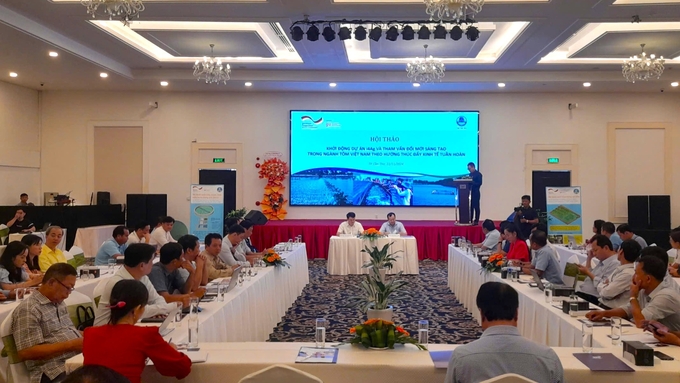
The workshop provides an opportunity for stakeholders to exchange initiatives, share experiences, and begin building a common framework of action to strengthen the position of Vietnam's shrimp industry. Photo: Kim Anh.
Through collaboration with relevant stakeholders, the i4Ag Project will implement technological solutions and innovative approaches to protect the ecosystem and create a sustainable development future for the shrimp industry in the Mekong Delta.
According to Mr. Ngo Tien Chuong, Head of the GIZ Fisheries Team, the challenges currently facing Vietnam's shrimp industry include a success rate of only over 40% for shrimp farming cycles, high operational costs (due to frequent water changes and high energy consumption), waste produced in shrimp farming, inadequate production linkages, and low-value-added products. In the Mekong Delta region, the percentage of the workforce with vocational training is the lowest in the country, at only 13.3%.
Therefore, in order to effectively develop the shrimp industry, one of the key solutions identified is the adoption of advanced technologies in production processes. This approach aims to boost productivity, minimize risks, and protect the environment. In the long term, the use of technology will also allow farmers and businesses to reduce production costs significantly.
The i4Ag Project is focused on enhancing water quality and increasing the survival rate of shrimp seedlings, which are crucial for the sustainable development of aquaculture. By integrating advanced technologies and innovative solutions, the project aims to not only improve productivity and output but also to elevate the quality of farmed seafood, ensuring that these practices are environmentally friendly.
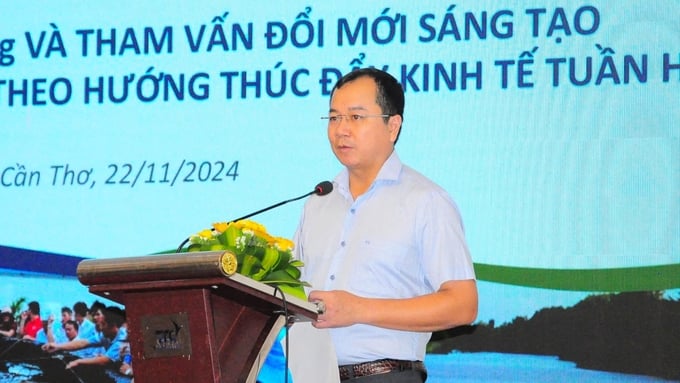
Mr. Tran Dinh Luan, Director General of the Directorate of Fisheries, emphasized that innovation is the key to promoting a circular economy in the fisheries industry. Photo: Kim Anh.
Mr. Tran Dinh Luan, Director General of the Directorate of Fisheries, stated that, in light of the environmental challenges, disease outbreaks and the fragmented production scale, it is clear that Vietnamese shrimp businesses have made considerable progress. They have introduced a range of innovative initiatives, including the application of modern technologies, the development of aquaculture infrastructure and other measures, all of which have contributed to better environmental management, reduced emissions and extended the value chain. These efforts have also significantly increased the efficiency of both farmers and businesses within the industry.
Through the i4Ag Project, localities will have the opportunity to take full advantage of the support and consulting services provided by experts. This will allow them to formulate and implement more suitable production policies tailored to their specific needs.
The i4Ag Project is funded by the Federal Ministry for Economic Cooperation and Development of Germany and is being led by the Directorate of Fisheries. The German International Cooperation Agency (GIZ) will be responsible for implementing the project from 2024 to 2026 across three key regions: Hanoi, Soc Trang Province and Ca Mau.
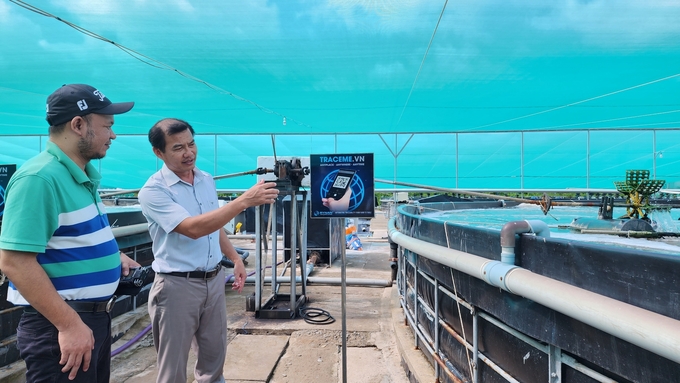
Applying technological solutions and innovations is the key to sustainable shrimp farming. Photo: Kim Anh.
The i4Ag Project is currently piloting three innovative solutions in the provinces of Soc Trang and Ca Mau. These solutions include: the Recirculating Aquaculture System (RAS) for intensive shrimp farming, a technology that helps save water, control water quality, reduce disease outbreaks, increase productivity and minimize the negative environmental impact; the improved shrimp-forest farming model, which enhances the survival rate of shrimp seedlings by nurturing them in controlled environments, improving both water quality and natural feed to increase productivity and strategies focused on improving water quality, enhancing the quality of shrimp seedling stock and ensuring better biological safety in farming practices.
Mr. Dao Trong Hieu, from the Department of Quality, Processing and Market Development (MARD), emphasized that innovation is indeed the key to driving a circular economy in the shrimp industry. He believes that there is a pressing need to accelerate the transfer of recycling technologies, allowing the processing of shrimp by-products into value-added products that can be utilized across various sectors, including agriculture, industry, food production, pharmaceuticals and cosmetics.
Citing a survey conducted by the Department of Quality, Processing and Market Development two years ago, which looked at shrimp by-products in the Mekong Delta, Mr. Hieu highlighted that the potential for growth in this area is still very significant. Currently, approximately 70% of shrimp by-products are primarily used in animal feed, over 15% are processed for use in the food industry, and less than 2% are being utilized in pharmaceuticals.
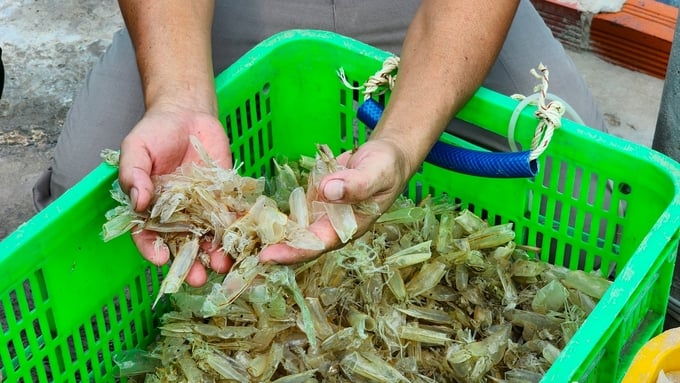
Reports from 34 provinces across the country (from 2019 to 2021) show that the total volume of shrimp by-products reached over 500.000 tons, primarily consisting of shrimp heads and shells. Photo: Kim Anh.
On the other hand, the processed products derived from shrimp by-products are predominantly consumed within the domestic market, accounting for approximately 80-90% of the total, while the remaining portion is exported, mainly to Asian countries such as China and Thailand. In 2021, the revenue generated from the sale of these processed shrimp by-products reached nearly 167 million USD. Mr. Hieu believes that if these by-products are better utilized, the revenue could potentially be much higher. In fact, some experts even suggest that the industry could generate billions of USD in revenue, given the vast untapped potential.
During the seminar, the Directorate of Fisheries also shared that in the first ten months of 2024, the total seafood production nationwide reached 7.9 million tons, marking a 2.5% increase compared to the same period in 2023.
In this context, the production of brackish water shrimp has reached a total of 1.1 million tons, which represents a 5% increase compared to the same period last year. As of the end of October 2024, the export turnover of shrimp has exceeded 3.2 billion USD, showing a significant growth of 13% compared to the previous year.
Within the seafood processing industry, there are currently around 850 industrial-scale facilities involved in export activities. In addition, there are approximately 3,530 small and medium-sized processing facilities that mainly serve the domestic market.
Focusing on industrial-scale processing establishments, it is notable that 82% of these facilities are dedicated to frozen processing. Of these, around 350 are specialized in shrimp processing, with the majority of them being located in the Mekong Delta and the Southeast region, which together account for an impressive 85.4% of the total shrimp processing capacity in the country.
Translated by Phuong Linh
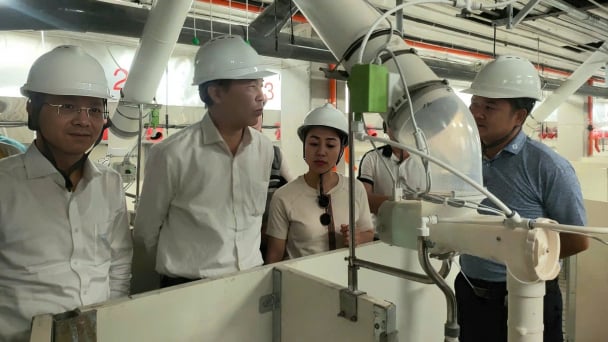
(VAN) Despite investment costs being 1.5 to 1.8 times higher than conventional methods, multi-story pig farming demonstrates outstanding effectiveness, increasing land-use efficiency by 4 to 10 times.
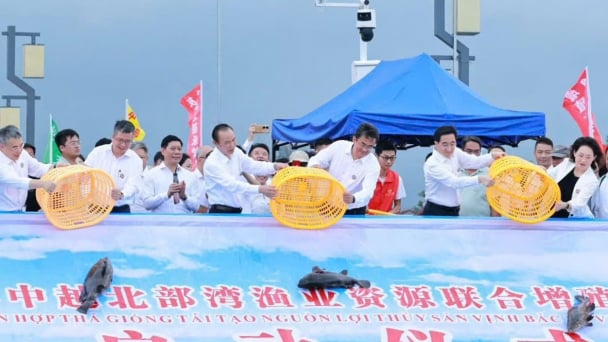
(VAN) Deputy Minister of Agriculture and Environment Phung Duc Tien leads a working delegation to participate in several key activities in China aimed at promoting agricultural and fisheries cooperation.
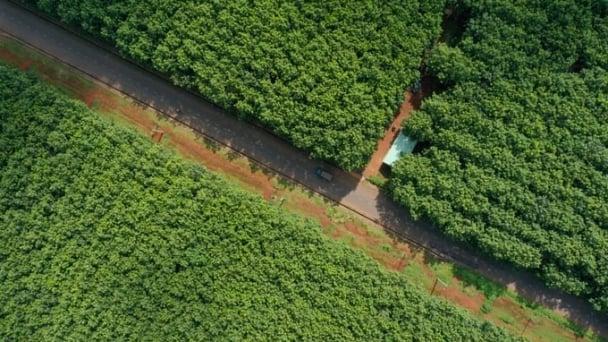
(VAN) The European Commission has just released a list of ‘low-risk’ countries for deforestation, which includes Vietnam.
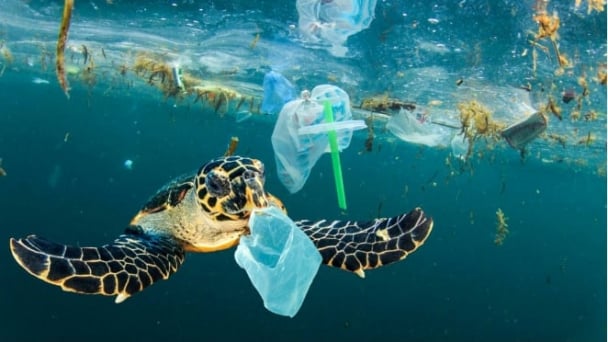
(VAN) The convenience of single-use plastics is leaving lasting consequences for the oceans.
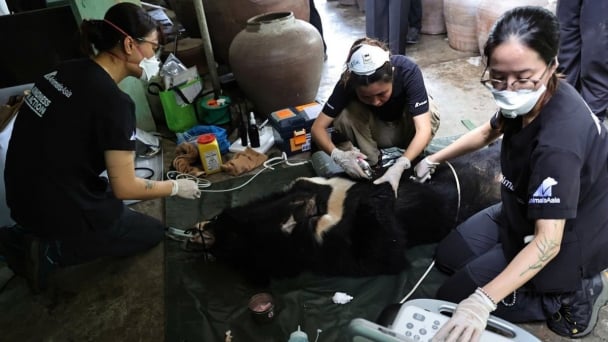
(VAN) On the morning of May 23, in Nghe An, the Animals Asia Foundation successfully rescued a Tibetan bear and transferred it to the Vietnam Bear Rescue Centre located in Bach Ma National Park.
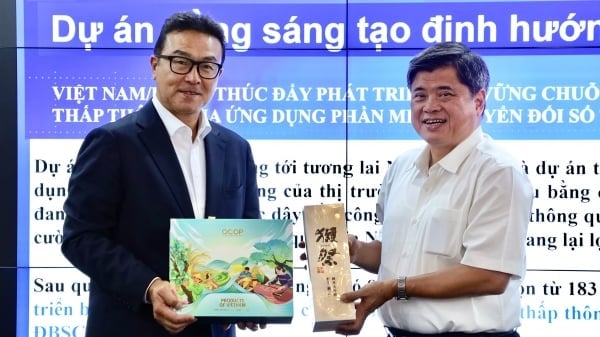
(VAN) On May 23, Deputy Minister of Agriculture and Environment Tran Thanh Nam held a working session with a Japanese delegation on the application of digital technology in agricultural production.

(VAN) In the tranquil wetlands of Van Long, there are quiet souls who guard the forests, nurture the waters, and oversee every bird and troop of langurs as protecting the essence of a living heritage.